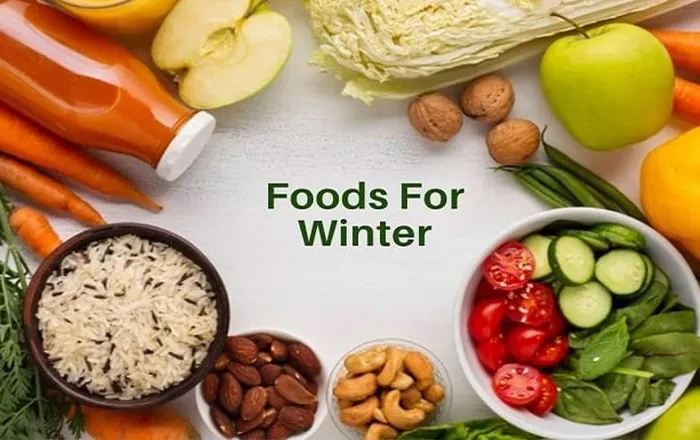As winter approaches, many cyclists may find their immune systems and moods waning with the colder temperatures. To combat the challenges of the season, it’s crucial to incorporate specific vitamins and minerals into your diet that can help maintain both physical strength and mental resilience.
Vitamin D: A Winter Necessity
Vitamin D is unique in that the body produces it when exposed to sunlight. However, with shorter days and reduced sun exposure during winter, levels can drop significantly, particularly for individuals using sunscreen, those with higher melanin levels, or as one ages.
Key Benefits:
- Enhances immune function
- Aids calcium absorption
- Strengthens bones and teeth
- Regulates mood
Food Sources: Natural food sources of vitamin D are limited, but include:
- Egg yolks
- Fatty fish
- Unsweetened low-fat milk
- Fortified plant-based milk
Supplementation: To ensure adequate intake, especially in winter, supplements are recommended. Adults should aim for at least 600 IU (15 mcg) daily, without exceeding 4,000 IU (100 mcg). Supplements are widely available in drugstores and health food shops.
Vitamin C: Immunity Support
While many reach for vitamin C when feeling unwell, its benefits are most effective when taken over time. Research indicates that consistent vitamin C intake can slightly shorten the duration and severity of colds.
Key Benefits:
- Boosts immune function
- Aids in iron absorption
- Supports tissue repair and growth
- Acts as an antioxidant
Food Sources: Rich sources of vitamin C include:
- Citrus fruits
- Bell peppers
- Brussels sprouts
- Broccoli
- Various fruits like kiwi and strawberries
- Leafy greens
Supplementation: Daily intake recommendations are at least 75 mg for women and 90 mg for men. Supplementing with 250-500 mg twice daily can optimize benefits, although excessive intake beyond 2,000 mg can lead to gastrointestinal discomfort.
Omega-3 Fatty Acids: Heart and Mood Health
Omega-3 fatty acids, particularly EPA and DHA found in fish, are vital for numerous health benefits. However, supplements may not deliver the same advantages as whole food sources.
Key Benefits:
- Regulates serotonin levels and improves mood
- Lowers risk of heart disease
- Reduces inflammation and pain
- Enhances cognitive function
Food Sources: Omega-3s are found in:
- Fatty fish like salmon and sardines
- Plant oils, such as flaxseed and canola
- Nuts and seeds
Supplementation: It’s best to obtain omega-3s through diet, but if using supplements, ensure they contain EPA and DHA. The recommended daily intake is 250-500 mg of combined EPA and DHA.
Iron: Vital for Energy and Performance
Iron plays a critical role in producing hemoglobin, the protein responsible for oxygen transport in the blood. A deficiency can lead to fatigue, poor athletic performance, and other symptoms, especially in cyclists.
Key Benefits:
- Increases energy levels
- Regulates body temperature
- Enhances endurance and cognitive functions
Food Sources: Iron-rich foods include:
- Oysters
- Red meat
- Spinach
- Legumes
- Dark chocolate
Supplementation: Absorption can be an issue, particularly for vegetarians, who may need additional iron from supplements. Women aged 19-50 are advised to consume 18 mg daily due to menstrual blood loss, while men and post-menopausal women require 8 mg.
Too much iron can cause adverse effects like constipation. Combining vitamin C with iron can enhance absorption, while avoiding caffeine and calcium during intake is advisable.
Conclusion
As winter sets in, focusing on these essential vitamins and minerals can help cyclists maintain their health and performance, ensuring they stay strong and resilient throughout the season.
Related Topics
The Connection Between Vitamin Deficiencies and Hair Loss
The Critical Role of Vitamin B1: Unveiling Its Journey and Implications for Health
Essential Vitamins for Fall and Winter: Expert Recommendations

































